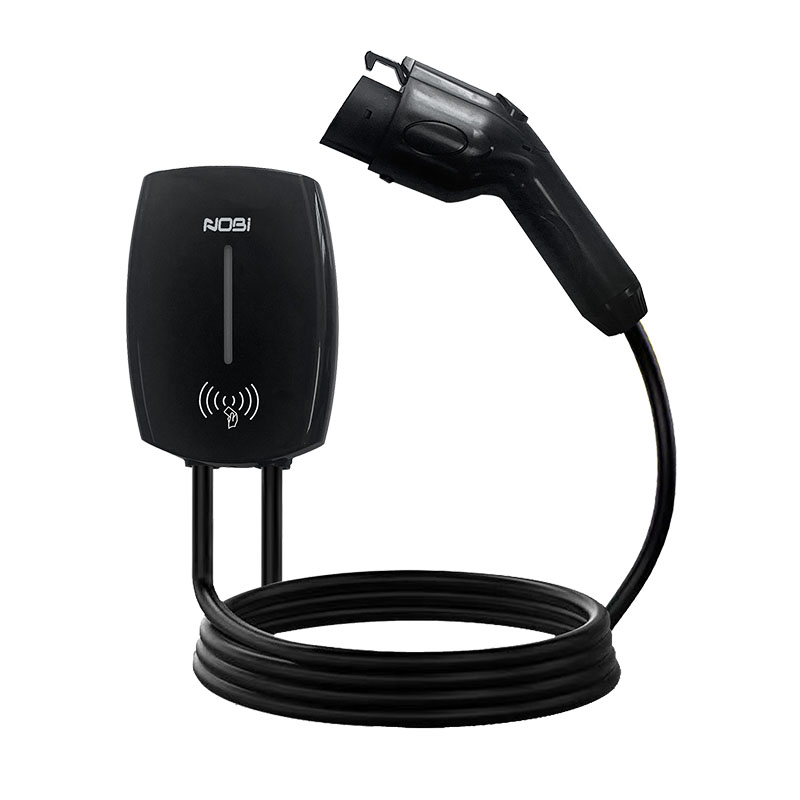A portable electric vehicle (EV) charger is a device that allows you to charge your electric car’s battery using a standard electrical outlet. These chargers are designed to be compact and convenient, enabling EV owners to charge their vehicles in various locations, as long as there is access to an electrical power source. Here are some key points to consider:
Portability: Portable EV chargers are smaller and lighter than traditional charging stations, making them easy to carry around in your car’s trunk. This mobility provides flexibility for EV owners, as they can charge their vehicles wherever there’s a suitable power outlet.
Charging Speed: The charging speed of portable EV chargers can vary. They typically offer lower charging speeds compared to dedicated home charging stations or public fast chargers. The charging rate depends on the charger’s power rating and the available current from the electrical outlet.
Plug Types: Portable chargers come with various plug types to accommodate different electrical outlets. Common plug types include standard household plugs (Level 1) and higher-powered plugs (Level 2) that require a dedicated circuit. Some portable chargers also support adapters for different outlet types.
Charger Ratings: Portable EV chargers are rated based on their power output, measured in kilowatts (kW). The higher the power rating, the faster the charging rate. However, keep in mind that the charging speed will also be influenced by your car’s onboard charging capabilities.
Convenience: Portable chargers are ideal for situations where you don’t have access to a dedicated charging station, such as at a friend’s house, a relative’s home, a vacation rental, or even at your workplace if charging infrastructure is limited.
Range Considerations: The charging time needed depends on the battery capacity of your EV and the power output of the charger. While portable chargers are convenient for topping up your EV’s battery or getting a modest amount of charge, they might not be suitable for completely recharging a significantly depleted battery in a short amount of time.
Limitations: While portable chargers provide flexibility, they may not be as efficient as dedicated charging stations in terms of charging speed and energy conversion. Additionally, some portable chargers might not be compatible with all EV models due to differences in charging standards and connectors.
It’s important to note that the EV charging landscape is continuously evolving, and there might be advancements in portable charger technology beyond my last update in September 2021. Always ensure that the portable charger you choose is compatible with your specific electric car model and follows safety standards.
220V 32A 11KW Home Wall Mounted EV Car Charger Station
Post time: Aug-22-2023










